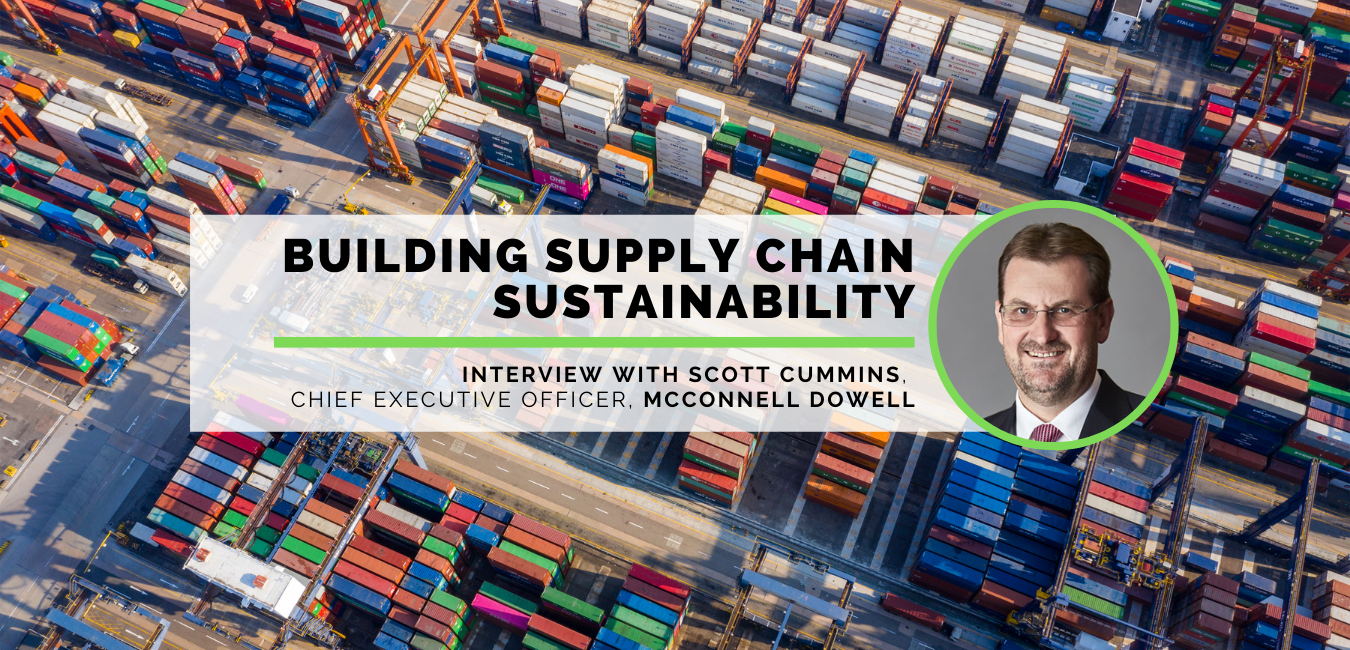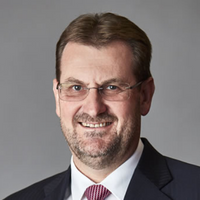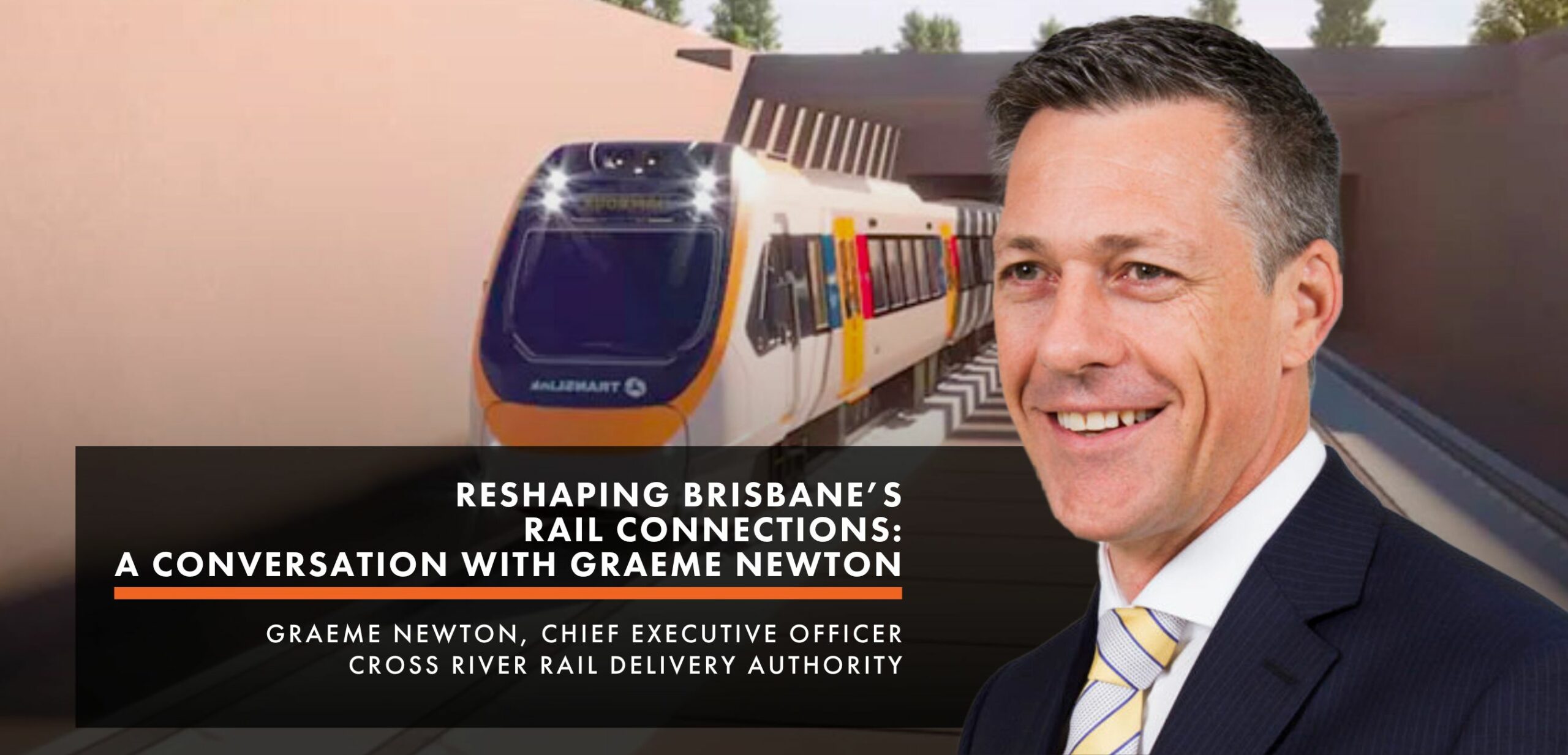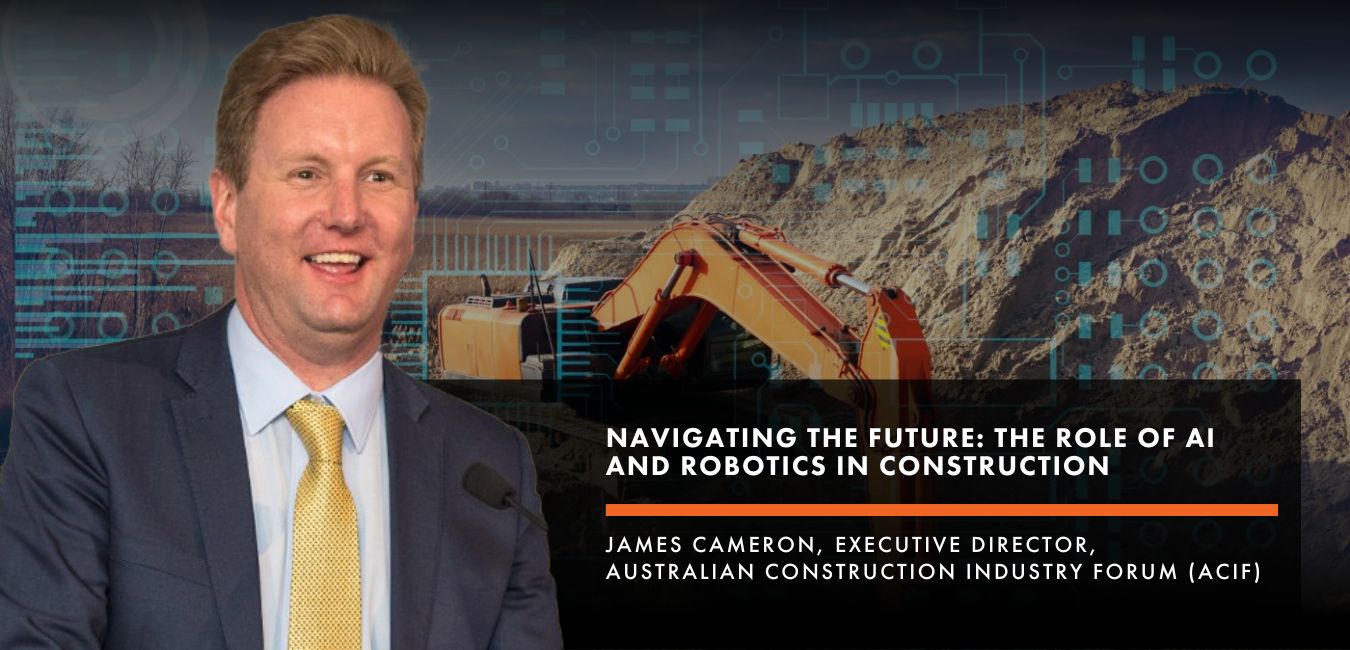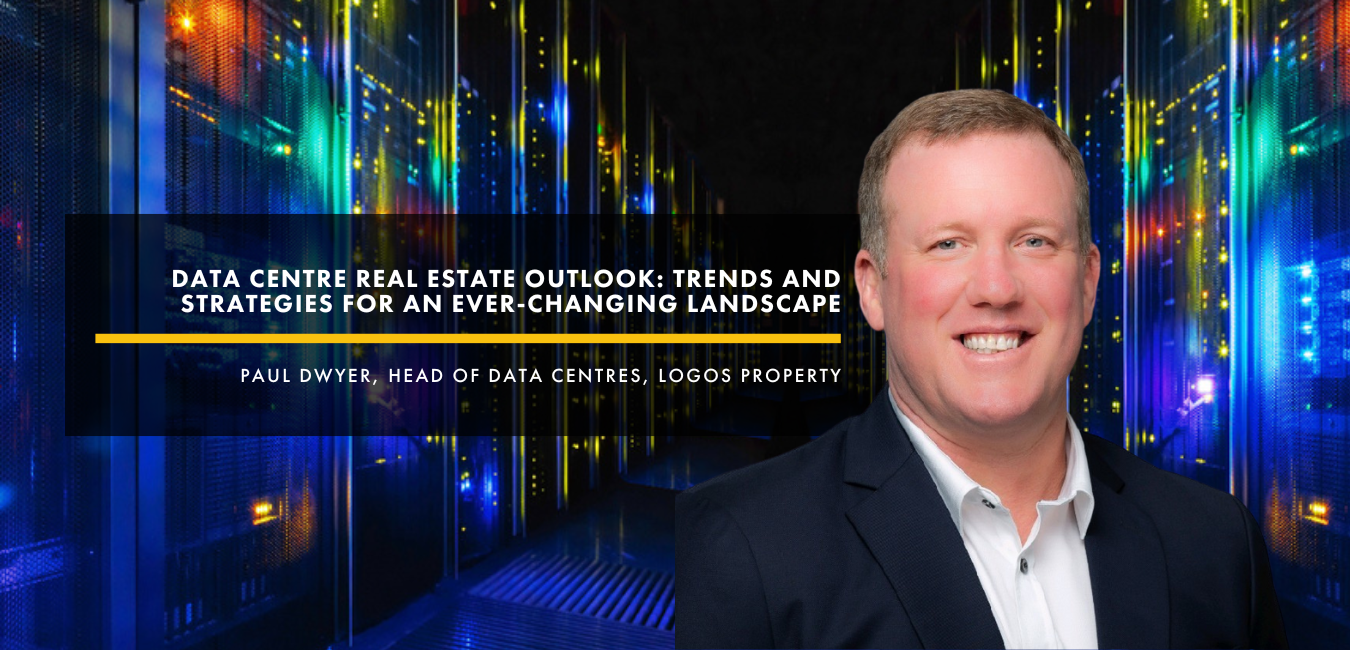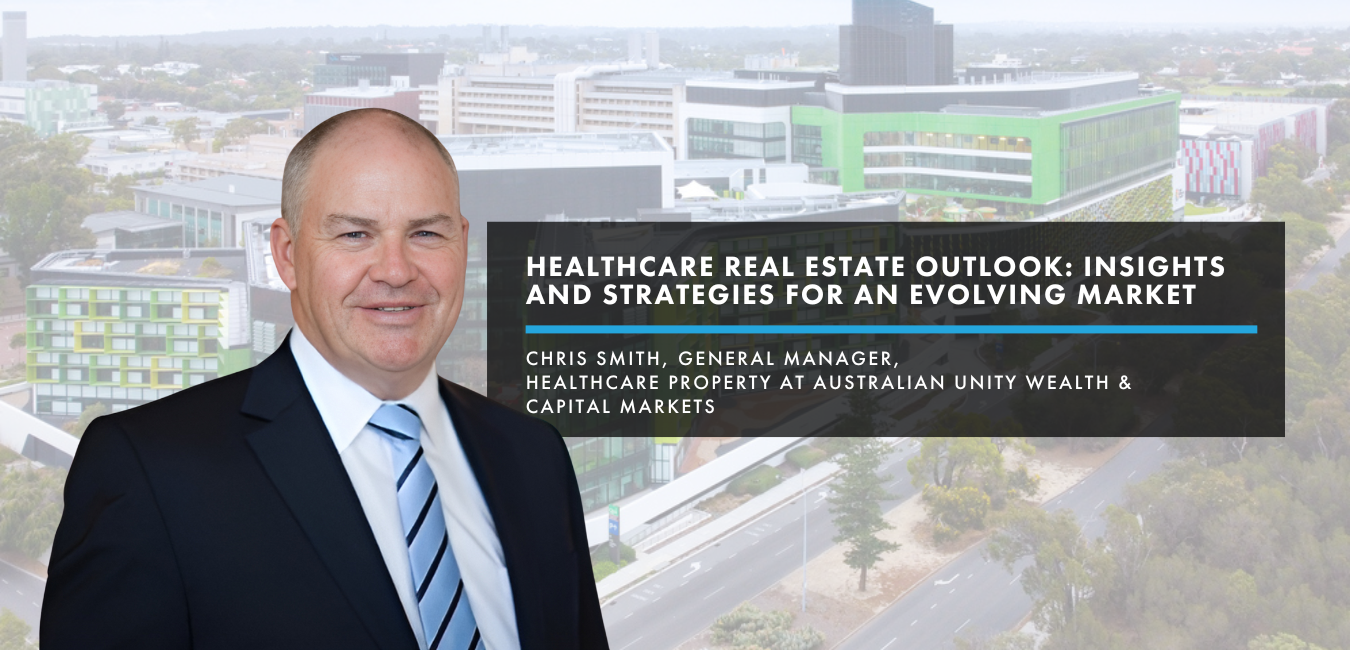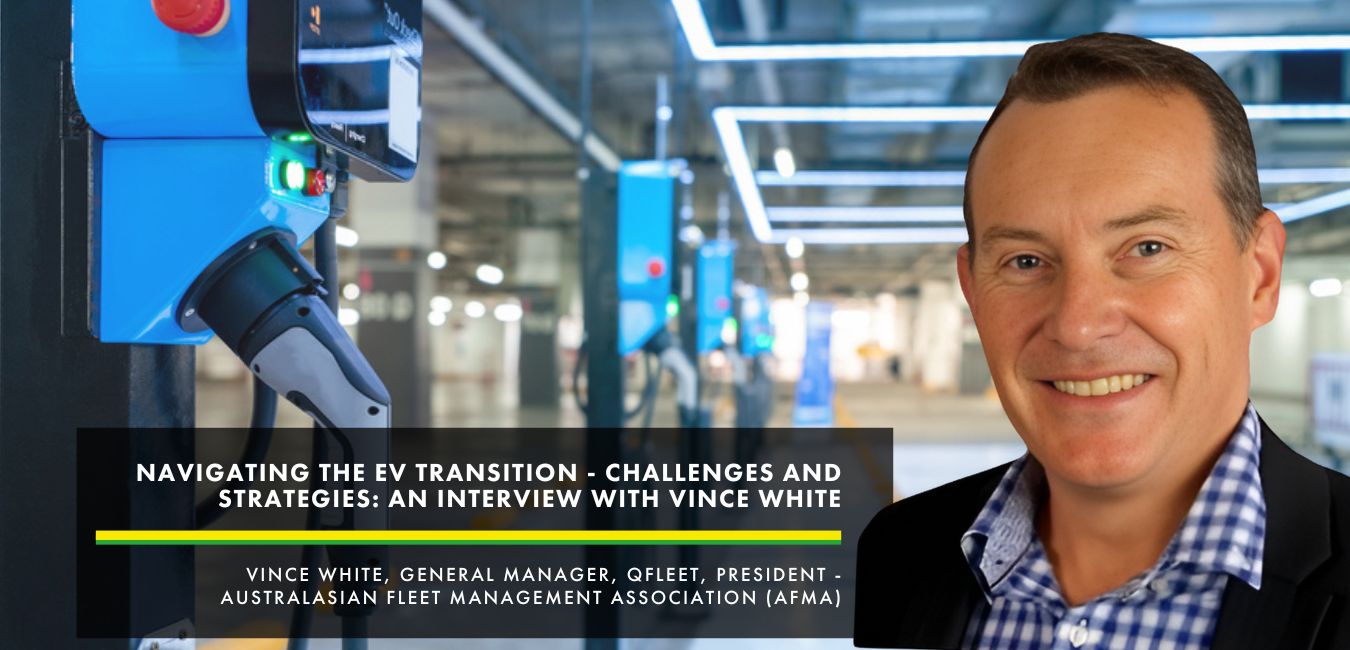Building Supply Chain Sustainability.
Scott Cummins is the Chief Executive Officer at McConnell Dowell. We had the opportunity to speak with him about his experience running a major infrastructure construction company during a historic pandemic, and how that underscored the importance of supply chain sustainability. Enjoy Scott’s insights below:
FuturePlace: Hi Scott! You’ve been in your role as CEO for McConnell Dowell for several years now. If you had to do it all over again, is there something you would have approached differently?
Scott Cummins: There are always things that you feel that you could have done better, but you can’t exhaust any energy regretting decisions that you’ve made. When you’re in a leadership role, as you know, you make the best decisions you possibly can at the time based on the information you have. I always tell my team that as long as you’re making the right decisions with the right intent and the right motivation, if you do happen to come to the recognition that you have made a wrong decision, then you need to accept it and try to correct it as quickly as you possibly can. That said, if you’re not prepared to make mistakes and you’re not prepared to give other people the space to make an occasional mistake, no one is going to grow and you’re not going to innovate.
FP: You’ve been in leadership roles in London, Dubai, Indonesia, and Singapore. How has that worldly experience empowered your leadership of this industry?
SC: My experience provided an incredible base of immense knowledge, whether it be operations, business development, technical expertise, general management, formulation of strategy, dealing with customers, and dealing with difficult issues that you can imagine that you come across in various places.
When you’ve worked in such broad areas, different cultures, different landscapes, different types of projects, and an immense array of customers, it equips you with incredible confidence. At the same time, when you work around the world, you recognize how important your team is to you. You realize that to provide people with what they’re looking for, whatever their particular concerns may be, you can’t do it all yourself, and you don’t do it yourself. The real power of this industry is what everybody brings to the table.
FP: Looking back, is there anything in your career that prepared you to lead a company during a global pandemic?
SC: Absolutely, but with a nuance. I’ve dealt with some incredible events from working around the globe, from ships that were bringing 20,000 tons of steel that we needed for a project that had been hijacked in the Red Sea, to the tsunami in Indonesia that caused a massive amount of human sadness, to SARS sweeping through southeast Asia. When you think about all of those external events that have massive impacts on you, is that you can’t control any of them. Most of these things come unannounced and you’ve got to work out how you’re going to navigate a new set of circumstances that you weren’t anticipating.
When the global pandemic hit, it was all very similar, but it was the first time that I’ve dealt with a situation that’s going to affect every single person at McConnell Dowell, every single country where we work, and every single client we work for. This was in total, whereas previously, if you were dealing with something like a typhoon in one part of the globe, you were still operating everywhere else in the world unaffected.
Furthermore, when the pandemic hit, we had no idea how bad the situation would become, so I prepared my leadership team at McConnell Dowell for the absolute worst. For the construction industry, when the pandemic shut the world down, the revenue stopped. When you’re not building, you run out of cash pretty quickly. Not knowing how long we would have to operate without revenue got the team in the right headspace to get mitigation plans in straight away to get through it. And of course, as history then says, “it wasn’t as bad as what we anticipated.” The construction industry in Australia was miraculously able to keep working through the crisis, and that was facilitated through the increased use of technology.
FP: Supply chain sustainability is an important focus of McConnell Dowell, so much so that McConnell Dowell was a founding partner of the Supply Chain Sustainability School back in 2015. Amidst this ongoing crisis, how has McConnell Dowell bolstered sustainable supply chain practices?
SC: Supply chain sustainability is incredibly important. My strong belief is that you need to partner with your supply chain, and quite frankly the construction industry is not great at it. We’re very fragmented, we treat the supply chain as a commodity, rather than a partner in a full living organism from one end to the other. The supply chain was going to be in distress during COVID, no doubt about that.
But one thing McConnell Dowell wanted to make certain was that the supply chain survived because when COVID comes to an end, the construction of infrastructure was going to provide a very positive economic stimulus. Having an imploded supply chain as we climb out of this pandemic would be disastrous. So we at McConnell Dowell ensured that our supply chain remained as healthy as possible by working with our suppliers to maintain their cash flow, and fortunately, our clients enabled us to do that. Instead of waiting thirty days to pay an invoice, our clients would pay their invoices upon submission, as well as help bear costs that were being incurred due to COVID-related issues. That allowed us to help pass those funds on quickly to our supply chain to help them weather the storm of the pandemic. It’s important to recognize that smaller businesses in the supply chain can run out of cash very quickly, so we wanted to make sure we looked after them in that regard.
The other thing we need to do with the supply chain is to look at ways to promote efficiency and productivity. I said before that the construction industry is very fragmented and has a very transactional relationship with the supply chain, but if we can partner with that supply chain and more effectively use resources across the industry, we’re going to be in a much better place.
FP: How has McDonnell Dowell improved the safety practices of its workforce in recent years?
SC: Industries and organizations have done a lot on physical safety, but the effort now is on the whole wellbeing and mental wellness side. There’s so much discussion in that space to enable the workforce to have time for life, making sure that the pressures associated with the role aren’t creating undue stress and mental fatigue. That’s where we’re doing an incredible now, both in the industry and at McConnell Dowell. We’re encouraging flexibility within our organization to foster an environment where our workforce can thrive.
FP: Digitalization for construction is a hot topic right now, are there any new developments that you are particularly excited about?
SC: Picking up on the theme of productivity and efficiency, McConnell Dowell is actually working with one of our clients on this concept that’s called “Connected Sites.” That’s basically enabling digital monitoring of the supply chain; where is it? what’s happening? where are those components? etc. For example, when a truck is being delivered, you don’t have someone waiting at the gate for six hours when the truck ends up being ten hours late. You’re monitoring where that delivery is coming from and when deliveries will occur. When you have a purview of the entire supply chain that’s serving your construction site, you can more efficiently manage things so you don’t waste time. You don’t have trucks queueing up in the street, you’re ready when they arrive.
A lot of digital monitoring is relatively new in the construction industry in which we work, and I think that’s a consequence of the industry having a very fragmented relationship with the supply chain. But the more we partner with our supply chain, the more we’ll be able to improve efficiencies.
FP: Now that we’re two years into a global pandemic that has dramatically shifted how we work, do you find that our increased reliance on technology bears any impact on worker productivity?
SC: I think the increase in our adoption of technology has kept our industry moving. For one thing, we recognize that we don’t actually need as many people to be present on sites. We could do project planning and controls management from a remote location.
I think it’s important though, because we were forced in that situation, that we take the best of both worlds when we’re no longer forced to work this way. Just being able to sit in the conference room can achieve more than meeting over video conference. So we’ve got to be able to move quickly from a COVID state to a post-COVID state because if we don’t, our productivity is going to be sluggish.
FP: In a past interview, you had said that McConnell Dowell would become a company “that is inarguably one of Australia’s premier international construction companies in the markets in which we participate,” has McConnell Dowell earned those accolades, and if so, how has your leadership geared McConnell Dowell towards that vision?
SC: The asset test for that is to ask our clients and our competitors how they perceive us. All I can say is I’m very happy and proud of what we’ve accomplished over the period that I’ve been CEO. I’m satisfied with the direction we’re taking as an organization, what I see is an immense opportunity in the construction industry to develop ourselves and embrace new technologies. We want to embrace all of the things that we need to improve about the construction industry, whether it be culture or ESG or diversity and inclusion.
I’m a firm believer in the whole concept of setting the culture right will trickle down throughout the whole organization and provide immense direction to people. The whole point of leadership is to provide an environment where people can get on and achieve great things, and that’s why nothing pleases me more than to hear that our clients choose McConnell Dowell because of the people at McConnell Dowell.
The Future of Construction Summit
Scott will be speaking at the Future of Construction Summit is taking place on 4-5 May 2022. Following the success of the Future of Construction Summit in 2021, we’re pleased to partner with the Australian Constructors Association to deliver an expanded format in 2022. Combining a two-day conference with the annual Australian Construction Achievement Award, the Future of Construction Summit will bring together senior industry leaders to share ideas, learn and network.

